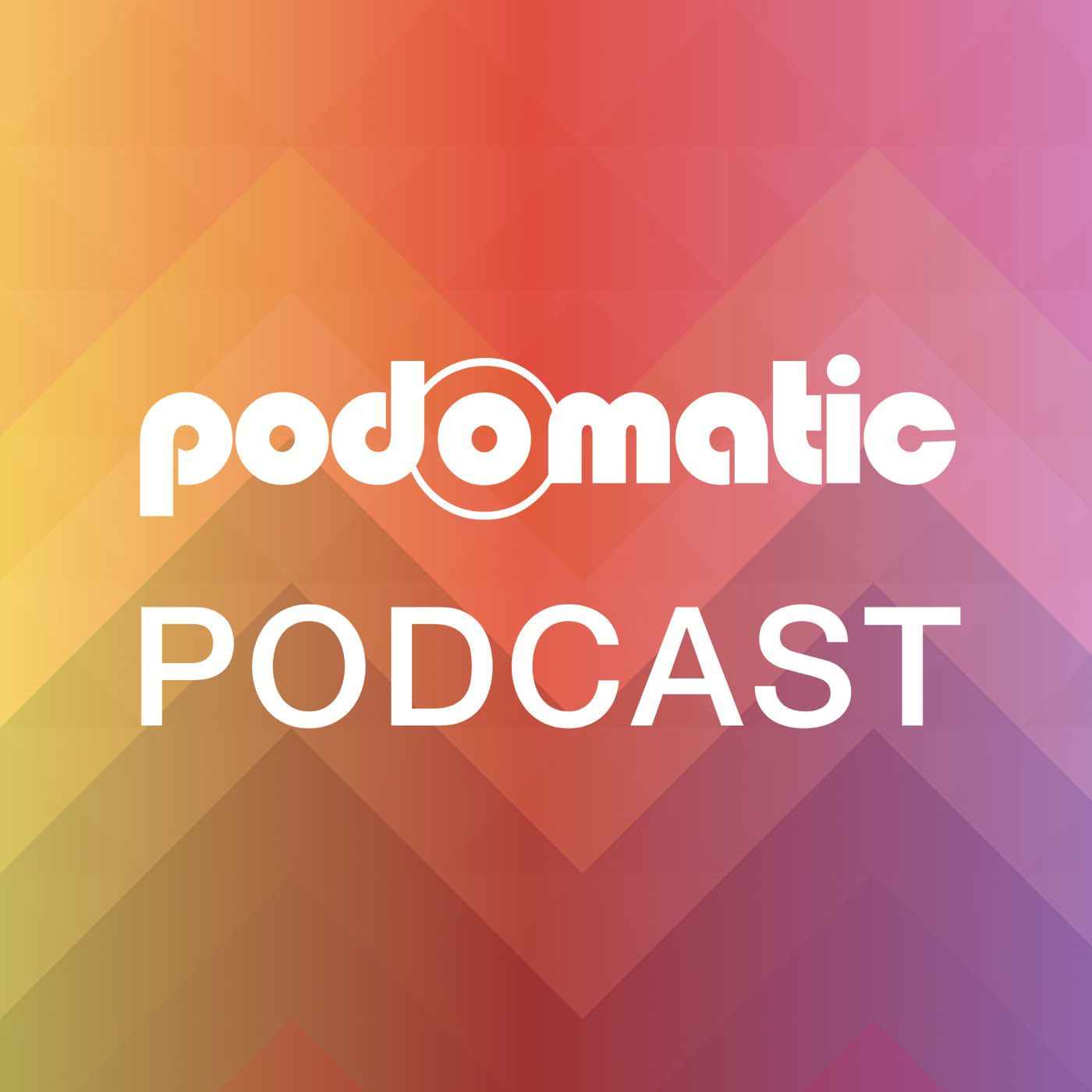

#The gay agenda how to#
Pinocchio ( Pinocchio) reflects queer anxiety since he doesn’t know how to act like “a real boy,” and he thinks performing masculinity through smoking, cursing, and misbehaving will earn his father’s love. Initially mocked by his peers, Dumbo ( Dumbo) “comes out” and waves his freak flag after hallucinating pink elephants and learning to fly. Queer kids can uniquely identify with Disney protagonists, who are usually outcasts set apart from society by some innate desire.Įven classic Disney films featured these archetypes. This marks the Disney protagonist as odd, unusual, queer. Ariel ( The Little Mermaid) wanted to be part of another world, the townspeople think Belle ( Beauty and the Beast) is “ a funny girl … different from the rest of us” and Pocahontas ( Pocahontas) does not want to be steady as the beating drum. Belle’s love and the ultimate breaking of the curse is the fantasy cure that Ashman was denied.īut even without Ashman’s involvement, queer kids could identify with Disney protagonists, who are usually outcasts set apart from society by some innate desire (usually indicated by an “I want” song that details whatever dream that particular character is pining to attain).
#The gay agenda movie#
Ashman worked on Beauty and the Beast while suffering through the worst (and final) phases of his illness, and composer Alan Menken called the film Ashman’s “personal story.” The result is a movie that can be viewed as an allegory: Shunned from society, his body hideously transformed, and his life wilting away like the enchanted rose, the Beast is a figure of degenerative disease. At the end of Beauty and the Beast, Disney acknowledged his contributions with this tribute: “To our friend Howard Ashman who gave a mermaid her voice and a beast his soul, we will be forever grateful.”īut Ashman’s story also offers an example of how the substance of Disney’s films reflect an interest in LGBT peoples’ struggles. Not only did Ashman write songs for The Little Mermaid, Beauty and the Beast and Aladdin, he was also closely involved in those films’ productions, casting actors and holding story meetings with animators. One of the most poignant examples of the company’s tolerant atmosphere is the case of lyricist Howard Ashman, who was openly gay and died of AIDS in 1991. Gay pride events have been hosted at Disney World since 1991, and the company started offered its gay employees health insurance benefits for their partners since 1995, a decision that wasn’t entirely popular back then. To start in the most obvious place: As a business, Disney has long held a progressive attitude toward LGBT people. Through both its corporate practices and the content of its films, Disney for decades has implemented the so-called "gay agenda"-which is to say, helping make the world a more accepting place. Scientists and academics had urged Museveni to veto the bill, which has been widely condemned by Western nations and human rights organizations.īut the Ugandan leader does not oppose the bill and plans to sign it into law soon, the country’s ruling party, the National Resistance Movement (NRM), said last month.But the most remarkable thing about queer readings of the film may be how unremarkable they really are. The bill will now be returned to President Museveni who will decide whether to sign it into law or veto it. Only one lawmaker, legislator Fox Odoi-Oywelowo, spoke out against the Anti-Homosexuality Bill 2023 in Parliament on Tuesday, describing it as a breach of human rights. The punishment for not reporting this is a fine or imprisonment for six months, the bill states. Under the amended bill, individuals are now only legally required to report such acts if they are “against children and vulnerable people,” legislator Robina Gureme Rwakoojo confirmed in parliament. Lawmakers also agreed to a proposed amendment that would change the bill’s decree of a “duty to report” acts of homosexuality. “The bill still remains restrictive, it’s not any better,” activist Richard Lusimbo told CNN Tuesday. The bill previously suggested imprisoning those who identify as LGBTQ+, but now states that those who do not act on their “deviant proclivity” will not be punished by law. Same-sex relations are already illegal in Uganda and warrant a maximum sentence of life imprisonment. The new bill has made amendments to distinguish between those who identify or appear to be LGBTQ+ and those who actually engage in homosexual acts. Uganda's President Museveni to return anti-LGBTQ+ bill to parliament

Uganda's Speaker Anita Annet Among leads the session during the proposal of the Anti-Homosexuality bill in the Parliament in Kampala, Uganda March 9.


 0 kommentar(er)
0 kommentar(er)
